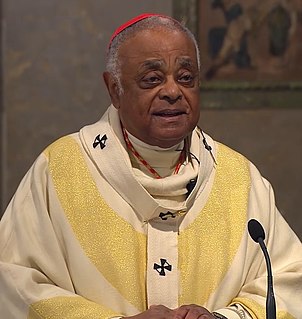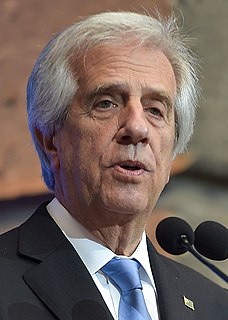A Quote by Ken Follett
Knotty theological questions are the least worrying of problems to me. Why? Because they will be resolved in the hereafter, and meanwhile they can be safely shelved.
Related Quotes
The question why, at least in my life, often leads to despair. Why did this happen to me? Why didn't someone who claimed to love me treat me with respect, compassion, kindness? Etc. These questions never have answers. They are an ocean, and you'll never swim to the other side. Eventually, you'll tire and die.
Questions are not happenstance thoughts nor are questions common problems of today which one picks up from hearsay and booklearning and decks out with a gesture of profundity questions grow out of confrontation with the subject matter and the subject matter is there only where eyes are, it is in this manner that questions will be posed and all the more considering that questions that have today fallen out of fashion in the great industry of problems. One stands up for nothing more than the normal running of the industry. Philosophy interprets its corruption as the resurrection of metaphysics.
Whenever I'm giving talks, I always ask people to think of the most obscure questions because I enjoy those the most. I always get the same questions: Why does Pickwick say "plock" and will there be a movie? I like the really obscure questions because there's so much in the books. There are tons and tons of references and I like when people get the little ones and ask me about them. It's good for the audience [and also] they realize there's more there.
I don't like the way most people think. It's imprecise. I find that when parents ask me questions, they ask very imprecise questions. They say, "My kid has behavioral problems at school." Well, I have to say, "What kind of problems? Is he hitting? Is he rude? Does he rock in class?" I need to narrow questions to specifics. I am very pragmatic and intellectual, not emotional. I do get great satisfaction when a parent says, "I read your book, and it really helped me."



































